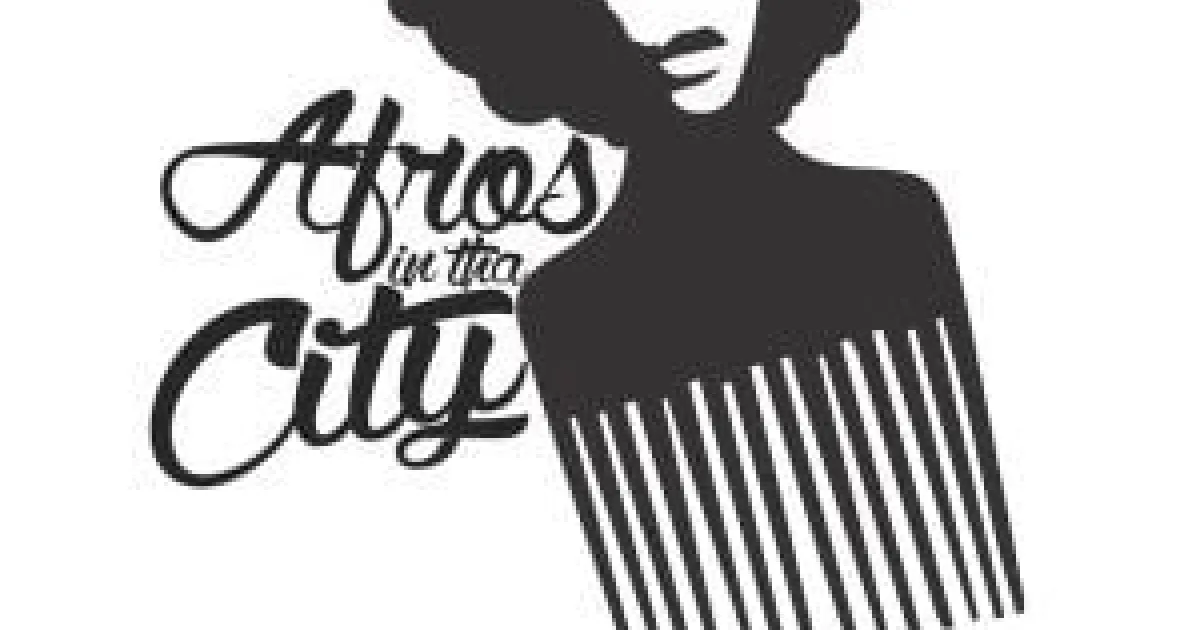The intersections that tend to exist alongside disability are often not considered when examining what a disabled person needs to thrive in the world. In fact, the notion of disabled people thriving seems to be one that is not widely accepted. Perhaps this is a result of a collective ableism that so often puts disability into a category of something shameful, something to be kept quiet about and accepted; you didn’t choose this for yourself, but society didn’t choose it for you either, so you certainly shouldn’t be putting the burden on everyone else when you cannot contribute the same!
This train of thought ultimately categorizes human beings based on how “worthy” of a good life they are, ultimately according to their ability to contribute to capitalism. And this is the only way for the petite bourgeoisie, ‘pull-up-your-bootstraps’ types to justifiably dismiss any notion that there should, in fact, be state-funded social and fiscal supports available for people of all abilities. Many people refuse to accept the fact that ability and privilege determine whether or not someone is able to independently get their needs met through (acceptable) capitalistic means in a free market society. In this way, ableism is directly tied to white supremacy, which is definitively the overt notion that there are some people that are more worthy than others based on their skin colour and proximity to whiteness. Capitalistic society takes this further by categorizing people based on their ability to work hard.
So what about when race and disability intersect, as they so often do? The Black teenage boy with his hood up in a convenience store will tell you. He has autism, and his hood is up because having his head exposed is a sensorially painful experience for him. He just wants a bottle of water, but before he even gets to the cooler at the back of the store, the clerk has already called the cops on him. The officer on duty is told that his description matches that of a robbery suspect. He’ll be taken into custody where he will become overwhelmed by the intense noises and bright lights, and he will go non-verbal. Later, he will still be non-verbal, and will be physically assaulted in a holding cell by another officer that mistakes his non-verbalness as defiance and disrespect. It will be hours before his mother has any idea where he is and can come and help him. There will be no support for the trauma he incurs as a result of this experience, because his neurodivergence and the resulting disability are seen by society as a problem that he should be punished for. This is one of many examples of how disability and ableism intersect with racism and white supremacy in ways that the people who are the most affected by these systems of oppression have zero control over.
It’s impossible to solve the deep issues of poverty, ableism, and racism as if they are separate and insular. We have to see oppression as a system at large with many co-occurring and moving parts, that seeks to persecute us for its own gain. We have to view ourselves as being whole and complete outside of the ouroboros system, regardless of our abilities and our privilege.
We are worthy, simply because we are.
Aurora Sol is a writer for Afros In Tha City.
Afros In Tha City describes itself as “the only media collective of its kind – dedicated to amplifying Black voices in Mohkínstsis/Calgary. We write for Black people and allies.” Aurora is interested in the ways in which our communities can be improved upon by focusing on the experiences and ideas of Black, Indigenous and multiracial people, and by shifting to a bottom-up approach to media that presents information from a fresh, nonpartisan optic. They are learning to take each opportunity for connection as a gift and they are excited about connecting through new lenses of journalism.
